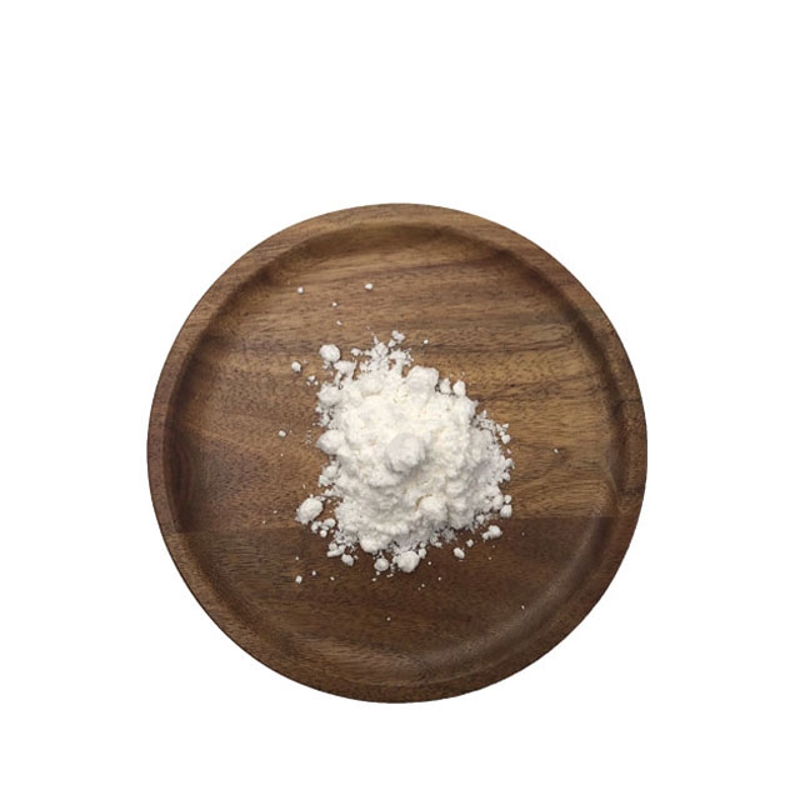-
Categories
-
Pharmaceutical Intermediates
-
Active Pharmaceutical Ingredients
-
Food Additives
- Industrial Coatings
- Agrochemicals
- Dyes and Pigments
- Surfactant
- Flavors and Fragrances
- Chemical Reagents
- Catalyst and Auxiliary
- Natural Products
- Inorganic Chemistry
-
Organic Chemistry
-
Biochemical Engineering
- Analytical Chemistry
- Cosmetic Ingredient
-
Pharmaceutical Intermediates
Promotion
ECHEMI Mall
Wholesale
Weekly Price
Exhibition
News
-
Trade Service
On January 12, CDE's official website showed that AXM's application for a clinical trial of KRASG12C inhibitor sotorasib (AMG 510) had been incorporated into the breakthrough therapy by CDE.
to develop adaptive disorders in China for the treatment of patients with KRAS p.G12C mutation with local late stage or metastasis non-small cell lung cancer (NSCLC) who have received at least one systematic treatment in the past.
phase I/II clinical study code-named CodeBreaK 100 showed that in patients with krasG12C mutation NSCLC who had previously received chemotherapy and/or immunotherapy, sotorasib achieved an objective mitigation rate (ORR) and a disease control rate (DCR) of 88.1%, with a medium progression-free survival of 6.3 months.
study also showed that sotorasib single-drug therapy can reduce the size of tumors in some patients.
this result is expected to make sotorasib a new option for treating NSCLC and to be used in association with other anti-tumor drugs to produce better outcomes.
results will be published at the 2020 World Lung Cancer Congress (WCLC) in January 2021 at the International Lung Cancer Research Association.
the development of KRASG12C mutation inhibitors, which Amjin is engaged in, is one of the most daunting challenges for humans in nearly 40 years.
Sotorasib is the first product to enter the clinical phase and extensive clinical studies are currently under way.
development projects in 10 countries and regions on 4 continents.
in just over two years, the Sotorasib Clinical Project has established in-depth clinical data sets covering 13 tumor types and more than 600 patients.
source: The Pharmaceutical Rubik's Cube Next Pharma KRAS mutation occurs in about 25% of cancer cases, mainly in lung, pancreatic and colorectal cancers, and is associated with very poor disease prognostois.
, KRASG12C mutation is one of the most common KRAS mutations, specifically kras 12-bit glycine mutation is cysteine.
The mutation is found in up to 13% of lung adenocarcinoma, 3% of colorectal cancer, 2% of uterine cancer and 1% of mesotheliomas, pancreatic cancer (-lt;1%), cervical cancer (-lt;1%), bladder cancer (-lt;1%) and stomach cancer (lt;1%) also have a low proportion of KRASG12C mutations.







